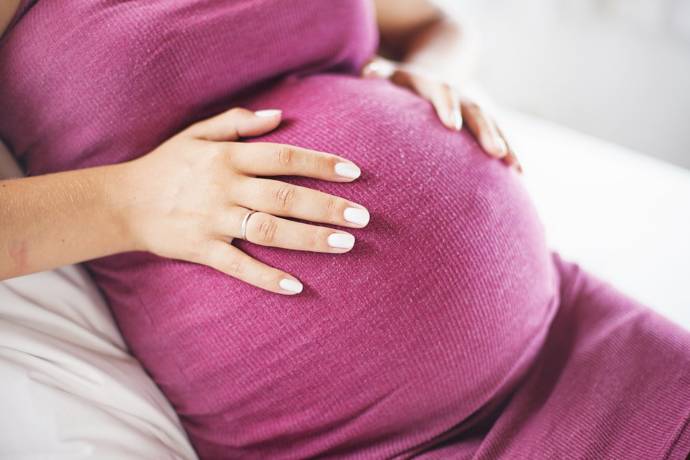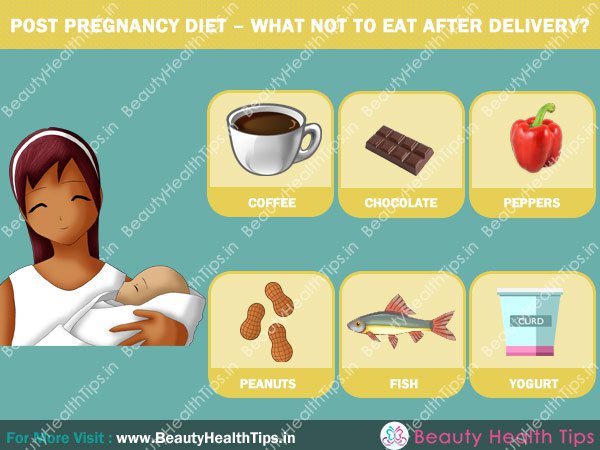Are you trying to conceive? Do you want to know the number of days likely for pregnancy? Your conceiving depends on your menstrual cycle. After the 10th day of your menstrual cycle, your ovulation can occur any time by 20th day which is the more fertile period for you to get pregnant. During this duration woman’s ovaries release an egg that needs to be fertilized within 24 hours.
If you want your intercourse should result in pregnancy then you need to have sex regularly 3-4 days before until you ovulate. Men’s sperm can stay 6-7 days but an egg stays only for 24 hours OR less than, therefore, it is necessary to plan baby making sex within 24 hours.
You need to track your menstrual cycle and their length to know your ovulation period. If the length of your period is 28 days then your ovulation will occur on day 14th after the day your menstrual cycle starts. You can determine your ovulation with the help of ovulation predictor kit.
Calculate your ovulation days
Pregnancy is possible only by having sex during your ovulation period. You can take the help of ovulation calculator to count the days of your ovulation. Just you need to mention the recent date of your menstruation and you will be notified about all the days when you are more fertile with the help of ovulation calculator. You are suggested not to use this ovulation calendar alone but instead of this prefer the technical aid.
Ovulation calculator helps you to know the most fertile days and infertile days. You can easily plan your baby making sex with the help of this ovulation calculator even you can feel free to have sex during infertile days if not planning to have a baby,
Is it possible to be fertile for more days?
This is a common question that arises in several women’s mind and the answer to this question is NO. You can not get fertile more days. There are some certain days when you are fertile and can conceive. You need to go through some special test and examination to know your fertile days because without test and examination it is not possible. Even if you take the help of ovulation calculator then also the digital computer determines the consistency of cervical mucus to show the approximate fertile days.
How does conceiving work?
Pregnancy needs a mature egg to be fertilized with the man’s sperm in the fallopian tube. The process of getting pregnant requires the day of ovulation. Ovulation is the process when the ovaries of woman release one or more than one egg in the fallopian tube. It is not possible to determine ovulation accurately. The day of ovulation happens is depending on the length of your menstrual cycle. If the duration of your menstruation is 28 days then ovulation period will occur between days 11 to 15. The life of sperm is more than five days but the life of egg is only 24 hours and it can be less even.
Which day has the higher chances of pregnancy?
The more fertile days are considered 5 days before ovulation occurs as well as the day of ovulation happens. This means there will be six days are counted the fertile days.
You need to anticipate the ovulation time because the exact time of ovulation can’t be determined.
What is the length of cycle?
There is the different length of the cycle in different women. The length of the cycle can be changed in between which does not cause worries as it is quite normal. The consistent length of the cycle is found very few in the women.
An average length of the cycle
The most found cycle is 27 days in women. The cycle of 28 days is not really common. There are the different cycles in different women. Some women have the cycle of 33 days even. The cycle lasts between 23 and 35 days. The duration of your menstruation decides your period of ovulation that promotes the pregnancies.
Symptoms of ovulation
The symptoms of ovulation are different in different women even some women do not have the symptoms of ovulation. Some women experience ovulation on the same day but some women experience their ovulation on different time and day every month.
You may experience slight cramp OR pain in the pelvis, abdominal bloating, increased sex drive, and breast tenderness.





